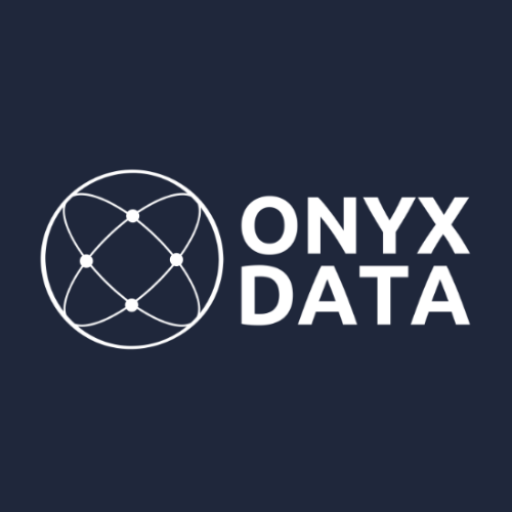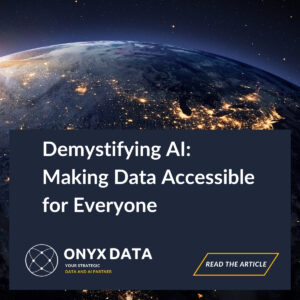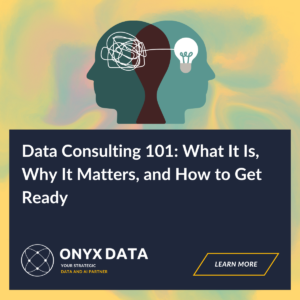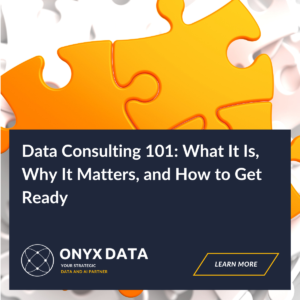Demystifying AI: Making Data Accessible for Everyone
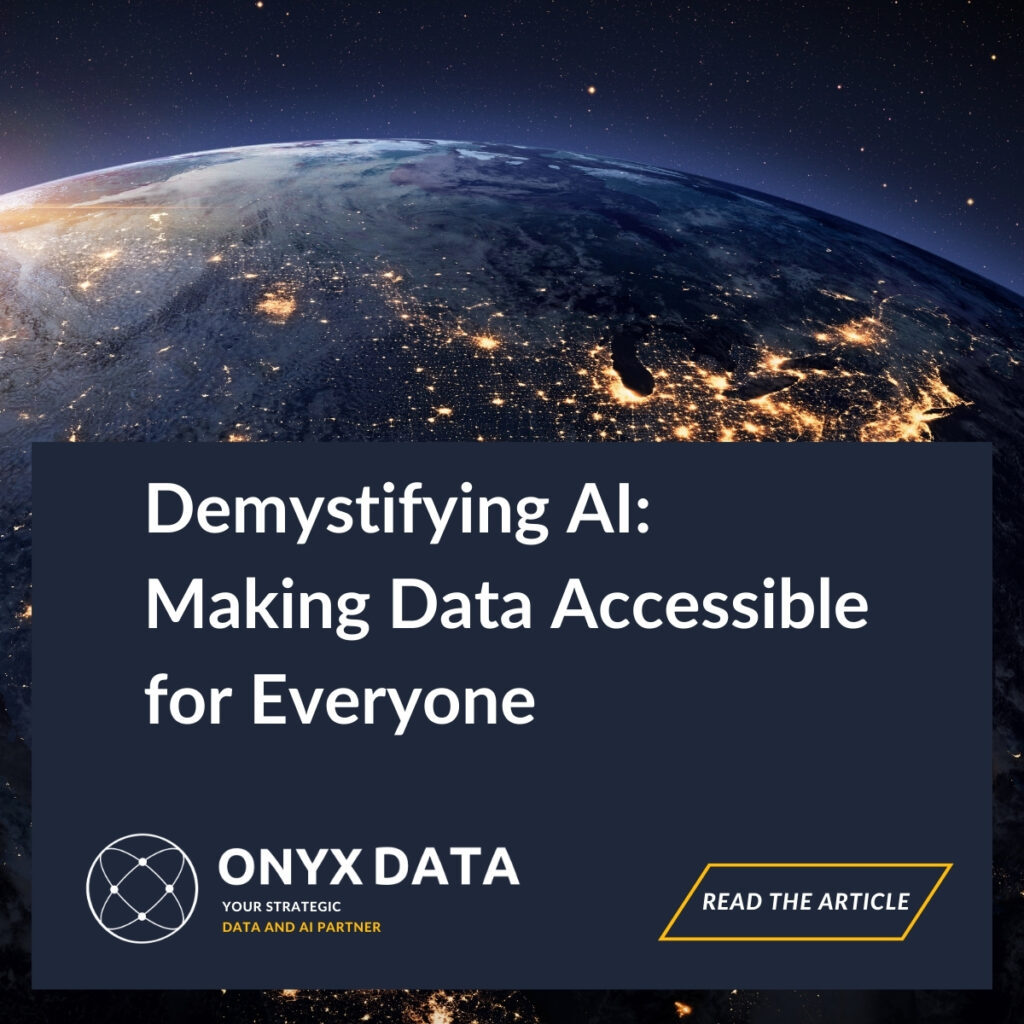
Demystifying AI: Making Data Accessible for Everyone
Artificial Intelligence (AI) is increasingly becoming integral to numerous sectors, transforming how we work and live. Yet, many people struggle demistifying AI and still view AI as a complex field, shrouded in mystery and primarily reserved for tech experts. This perception creates a divide that can inhibit innovation and discourage participation from those who might contribute valuable insights. In this article, we aim to demystify AI and explore how we can make data accessible to everyone, thereby fostering a culture of inclusivity and collaboration.

Understanding AI and Its Importance
AI, in its simplest form, refers to the simulation of human intelligence in machines programmed to think and learn like humans. This technology has vast applications in today’s data-driven world, influencing fields ranging from healthcare to finance and even creative industries. From automated customer service to predictive analytics, AI can revolutionise how we gather insights from data and make decisions, potentially leading to smarter strategies and efficiencies in our day-to-day operations.

Why Demystify AI?
AI’s significance in our everyday lives warrants an effort to make it more understandable. As we harness the powerful potential of data, it’s essential for us — as a society — to engage with AI technologies thoughtfully and critically. By demystifying AI, we empower individuals and organisations to leverage these powerful tools effectively, ensuring that we harness the technology for the common good rather than allowing it to perpetuate existing inequalities.
The Role of Data in AI
Data is the foundation of AI. Without quality data, AI systems cannot learn or make predictions accurately, rendering them ineffective and unreliable. Given this reliance on data, it’s vital to ensure its accessibility so everyone can benefit from AI’s capabilities, allowing for a more equitable distribution of knowledge, insights, and resources across varied demographic groups.
What is Data Accessibility?
Data accessibility refers to the ease with which data can be obtained, understood, and used. It encompasses aspects like format, availability, and user comprehension. The more accessible the data, the more likely it is that individuals — regardless of their technical skills — can engage meaningfully with AI technologies to derive insights that can inform their work or personal life.
Types of Data
Structured Data: This is highly organised data, often stored in databases and easily searchable. Examples include spreadsheets or SQL databases, which are commonly used in business intelligence efforts to generate reports and analyses. Robust data management practices can enhance the usability and effectiveness of structured data.
Unstructured Data: This includes data that does not have a predefined format. Examples are social media posts, text files, and images, which are abundant in today’s digital landscape. This type of data can offer rich insights but often require advanced techniques, such as natural language processing, to unlock their potential value.
Semi-Structured Data: This is a hybrid of structured and unstructured data. JSON and XML files are common forms of semi-structured data, providing a flexible way to represent information without being confined to rigid formats.
The Barriers to Data Accessibility
Despite the potential benefits, barriers continue to impede data accessibility, limiting the impact of AI on society.
Technical Knowledge
One of the largest hurdles is technical expertise. Many people lack the skills required to manipulate and understand data effectively. Providing opportunities for professional development and continuing education is key in closing this knowledge gap. Therefore, educational initiatives aimed at enhancing data literacy are crucial, as they empower individuals with the skills to navigate and use AI technologies confidently.
Data Silos
Organisations often hold their data in silos, where information is isolated and not easily shared across departments. This fragmentation hinders collaboration and prevents a holistic view of the data landscape. Breaking down these barriers requires a concerted effort to cultivate a culture of data sharing, where the value of collective insights is recognised and promoted.
Complexity of Data Formats
Data can exist in numerous formats, some of which require specialised software to analyse. This complexity can discourage users from seeking out the relevant data they need for informed decision-making. In light of this, organisations must consider how to standardise their data management practices, making it easier for users to access the information they need without facing overwhelming technical challenges.

Strategies to Improve Data Accessibility
To make AI and data more accessible, we must implement key strategies that address the barriers discussed above:
Education and Training
Education plays a pivotal role in making data accessible. By providing individuals with the knowledge and tools to understand and manipulate data, we can break down the barriers created by technical knowledge deficiencies. Certifications like AI for Everyone can also help bridge these gaps, empowering participants to understand the ethical and practical implications of AI technologies in their respective fields.
Open Data Initiatives
Governments and organisations should promote open data initiatives, allowing citizens access to publicly available datasets. By sharing data openly, these initiatives give rise to new opportunities for research and innovation. This transparency fosters greater engagement and innovation in AI applications, encouraging citizens to create solutions that address social challenges.
User-Friendly Tools
Investing in user-friendly tools that simplify data analysis can greatly enhance accessibility. Tools that offer visual data representations can make complex datasets easier to interpret for non-technical users, allowing them to glean insights quickly without needing extensive training or expertise. This is paramount to ensuring that a broad audience can engage with AI methodologies without being daunted by intricate technological specifications.
Collaborative Platforms
Encouraging collaborative platforms where data can be shared freely among departments will help eliminate data silos. This openness can foster innovation and enhance decision-making processes, as collective efforts lead to richer insights that benefit the organisation as a whole. By prioritising collaboration, organisations stand to enhance their productivity and responsiveness to both market demands and social needs.
The Future of Accessible AI
As we move forward in the digital era, the importance of accessible AI becomes even more apparent. The future of AI in our lives hinges on our ability to navigate and leverage data effectively for continuous improvement and growth.
The Impact of AI on Society
AI has the potential to transform societal structures and workflows fundamentally. As we democratise access to data, we can create a more inclusive environment where everyone has the opportunity to innovate. By leveraging AI effectively, we can make strides in areas such as healthcare, education, and environmental sustainability, paving the way for a more equitable future.
Encouraging Ethical Use of AI
As we demystify AI and make data accessible, we must also consider the ethical implications. Encouraging ethical practices around data use will ensure that this powerful technology is deployed for the greater good, preventing misuse and protecting individual privacy. It is crucial to establish guidelines that govern AI applications, ensuring they reflect our collective values while considering the diverse populations they affect.
Wrapping Up
In conclusion, demystifying AI and making data accessible isn’t just a technical challenge; it’s a social imperative. By enhancing data literacy, promoting open data initiatives, and fostering collaboration, we can empower individuals and organisations alike. Together, let us strive for a future where AI and data are not confined to a select few but are seen as valuable resources accessible to all.
As we innovate and evolve, we must maintain our focus on inclusivity and accessibility, ensuring that everyone can harness the power of AI to create solutions that benefit society as a whole. Let us also advocate for continued advancements in this space, pushing for frameworks that promote fairness, accountability, and transparency at every stage of AI development.
Now, let us embark on this journey of understanding and accessibility, turning complexity into clarity for everyone.
**GenAI was used in the publication of this article**.
